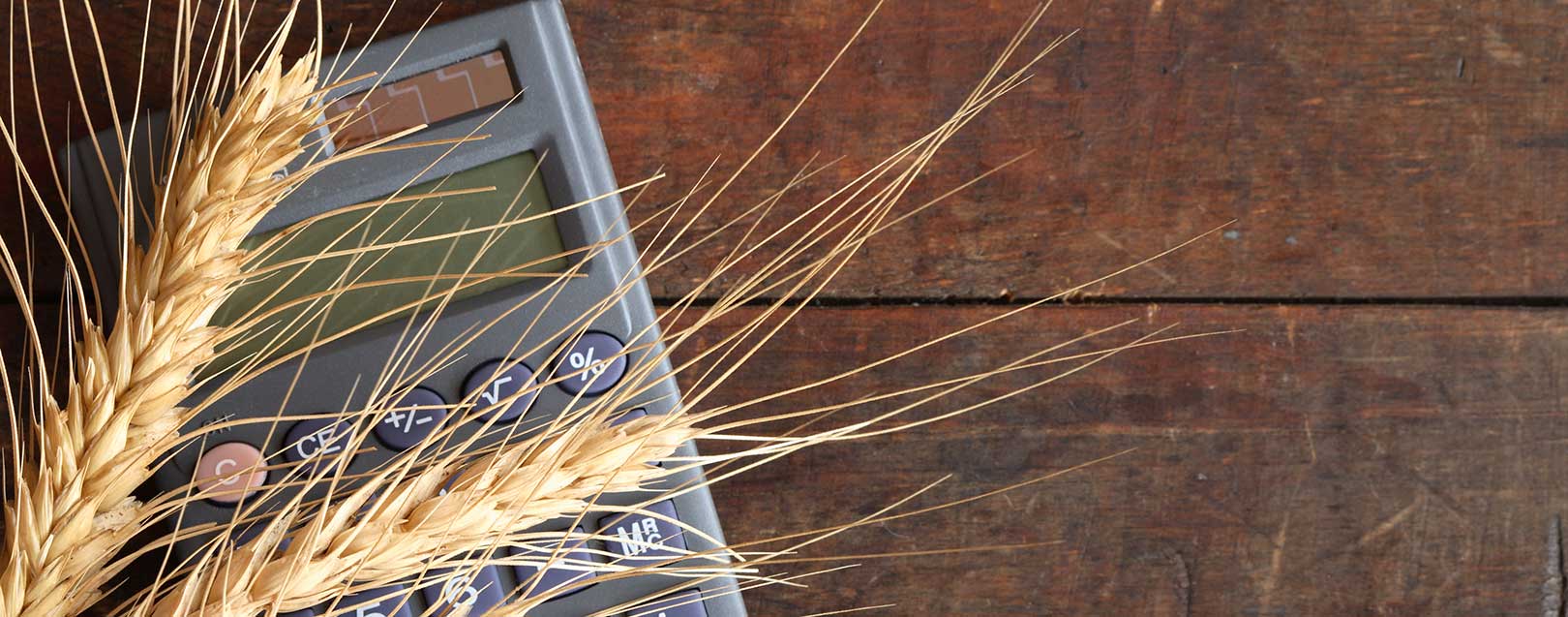
Preventive trade policies restrict export of key agri commodities: study
The Dollar Business Bureau
The trade policy of India on agriculture has a pro-customer prejudice which indirectly taxes farmers by putting export curbs on different crops, according to a study.
The domestic prices of major agricultural items were below that of export prices in most of the years during the period 2004-2014, a joint study by The World Bank and Indian Council for Research on International Economic Relations (ICRIER) on Tuesday revealed.
Policy makers have used preventive trade policies to maintain the domestic prices low in most of the years, the study found after an analysis of domestic prices deviation from global prices.
The study on ‘Price Distortions in Indian Agriculture’, analysed global and domestic prices of 15 agri commodities for a 10-year period between 2004-05 and 2013-14.
“Our trade policies are inadvertently anti-farmer with a consumer bias,” said ICRIER’s Agriculture Chair Professor Ashok Gulati while releasing the study.
During the given decade, 72% of the time the domestic prices of commodities including rice, wheat, maize, mango, banana, potato and buffalo meat were below export parity prices, indicating that farmers would have been benefited significantly from exports. The domestic prices were on an average only 11% of the time beyond the import parity prices, it found.
“Indian farmers are not getting access to global markets and the government tries to redress this via higher support prices. This is an implicit tax on farmers,” said Shweta Saini, co-author of the report.
However, the import/export opportunities were not every time, used as restrictive trade policies, created a negative impact. In the global food crisis of 2007-08, rising international prices made several Indian commodities export-competitive, but the exports of rice and wheat, among others, were restricted to fully exploit the trade opportunity.
“In case of rice and wheat, the restrictive trade policy prohibited the exporters from fully exploiting the trade opportunity, but for other agri-commodities like buffalo meat, onion and groundnut, the crisis translated into greater export opportunities,” said the study.
The study also stated that the declining value of the Indian currency against the dollar during the given decade also played a vital role in making agricultural commodities exports competitive.
The study suggested a number of policy reforms like phasing out of the built-in consumer bias, creating space for the private players giving access to integrated markets, and utilising income transfers to safeguard poor consumers as well as small farmers. It also recommended creating a stable and predictable trade policy.




-Vertical.jpg)
 to success.
to success.